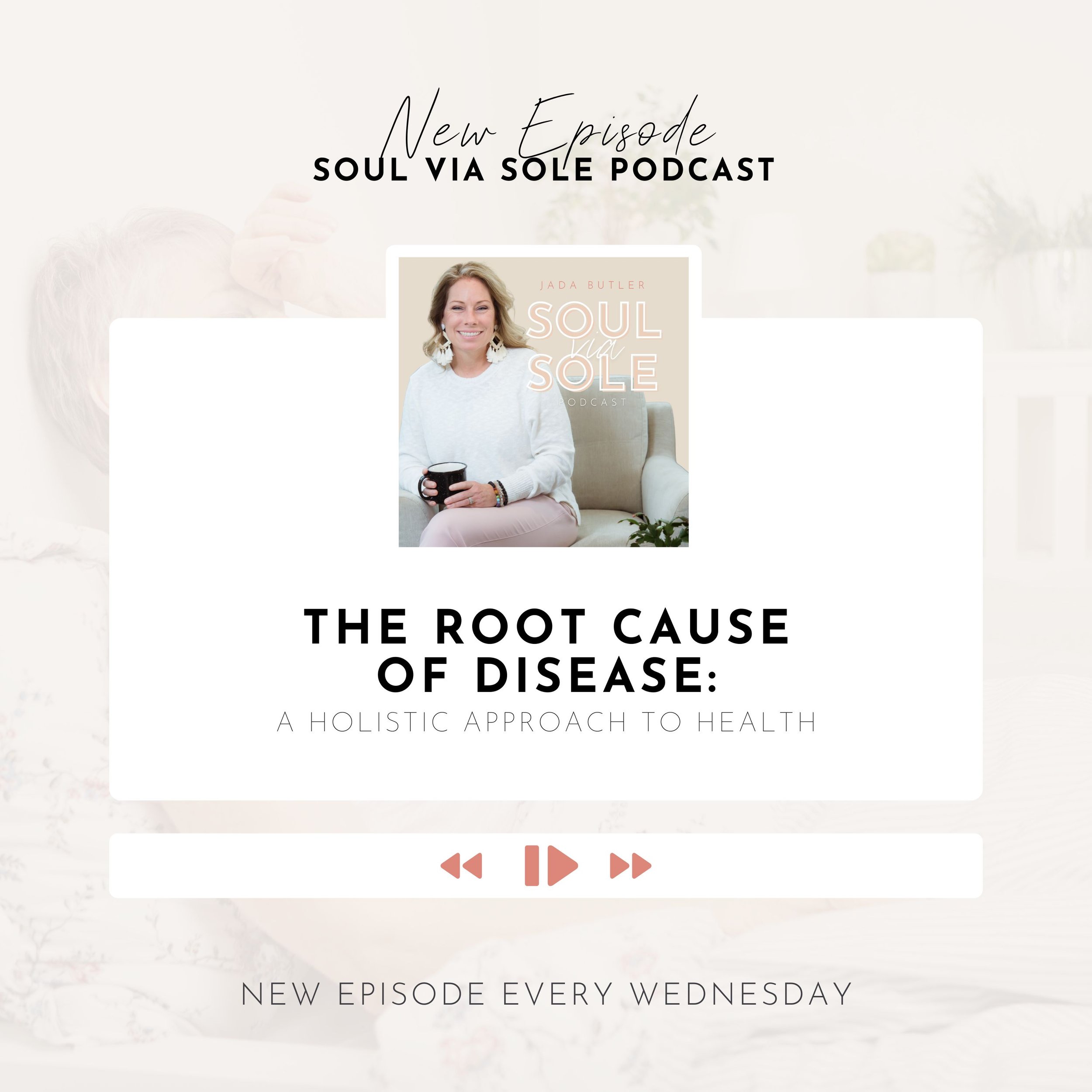The Mind-Body Connection: Unveiling the Power of Mental Well-being in Disease Prevention
In the pursuit of a healthy lifestyle, we often focus on physical aspects such as exercise, nutrition, and medical treatments. However, a lesser-known but equally vital element in maintaining overall well-being lies within the realm of our thoughts and emotions.
As the quote from Rakesh Sethi suggests,
“The root cause of a disease lies in the mind. Keep your mind free of conflicts if you want to keep your body free of diseases.”
In this blog post, we chat about the profound concept of the mind-body connection and explore how nurturing a harmonious mental state can contribute to disease prevention.
Understanding the Mind-Body Connection:Throughout history, cultures across the globe have recognized the intricate link between the mind and the body. From ancient Eastern philosophies to modern-day scientific research, evidence continues to accumulate, underscoring the importance of psychological well-being in maintaining physical health.
The mind-body connection refers to the interplay between our thoughts, emotions, behaviors, and their impact on our physiological state.
The Role of Conflicts in Disease:Conflicts, whether internal or external, create disharmony within the mind. They manifest as stress, anxiety, anger, or other negative emotions that can disrupt the body's delicate balance.
Chronic conflict and emotional turmoil can weaken the immune system, disturb hormonal regulation, and trigger harmful physiological responses.
Over time, these imbalances increase the risk of developing various diseases, including cardiovascular ailments, gastrointestinal disorders, and even certain types of cancer.
Achieving Mental Harmony:To maintain a healthy mind and, consequently, a healthy body, it becomes crucial to foster mental harmony and reduce conflicts. Here are some effective strategies to help achieve this balance:
Self-Reflection and Emotional Awareness: Engage in introspection to identify and address internal conflicts. Develop emotional intelligence to understand and manage your feelings effectively.
Stress Management: Adopt stress-reducing practices such as meditation, deep breathing exercises, yoga, or mindfulness. These techniques can alleviate anxiety, promote relaxation, and enhance overall well-being.
Cultivate Positive Relationships: Foster healthy connections with family, friends, and communities. Surround yourself with supportive individuals who encourage emotional well-being and provide a sense of belonging.
Seek Professional Support: If internal conflicts persist or become overwhelming, consider seeking the guidance of a mental health professional. Therapy and counseling can provide valuable insights, tools, and techniques to address deep-rooted conflicts.
The Power of Prevention:While diseases can arise from a combination of factors, including genetics and environmental influences, nurturing a conflict-free mind significantly contributes to disease prevention. By proactively managing our mental state, we can bolster our immune system, regulate our hormones, and enhance our overall physiological resilience.
It is important to note that this perspective does not diminish the significance of medical interventions, treatments, or genetic predispositions. Instead, it emphasizes the potential of the mind-body connection as an integral part of a holistic approach to health and well-being.
I chat about this more in my latest podcast,:
The Root Cause of Disease: A Holistic Approach to Health
Disease. Let’s break that word up… dis, and ease. It is that dis-connection that we have with our mind and our body that is the underpinning cause of many diseases.
In this episode, I chat more about these imbalances and blockages and how to reconnect to our bodies, to our minds, and to our soulful selves and in turn, reduce the risk of disease.








